Alpine Skiing
Alpine skiing is a demanding sport, and athletes will benefit by being in good physical condition to compete successfully and safely. Alpine skiing requires, in addition to a basic combination of endurance and strength, a high capacity of quickness and action/reaction endurance. Through proper training, the athletes improve their physical, psychological and mental efficiency.
Athlete to Coach Ratios
The ratios are minimum athlete to coach requirements for not only Conference competitions, Provincial, and National Games, but for all Special Olympics Ontario competitions and practices. They ensure that athletes are safe and supervised at all times.
Athlete/Coach Ratio Alpine Skiing ( 3:1 )
Provincial Convenor
Ian Pavlik - alpine@specialolympicsontario.ca
Crash Helmets
You can filter/search all the resources related to the sport here:



